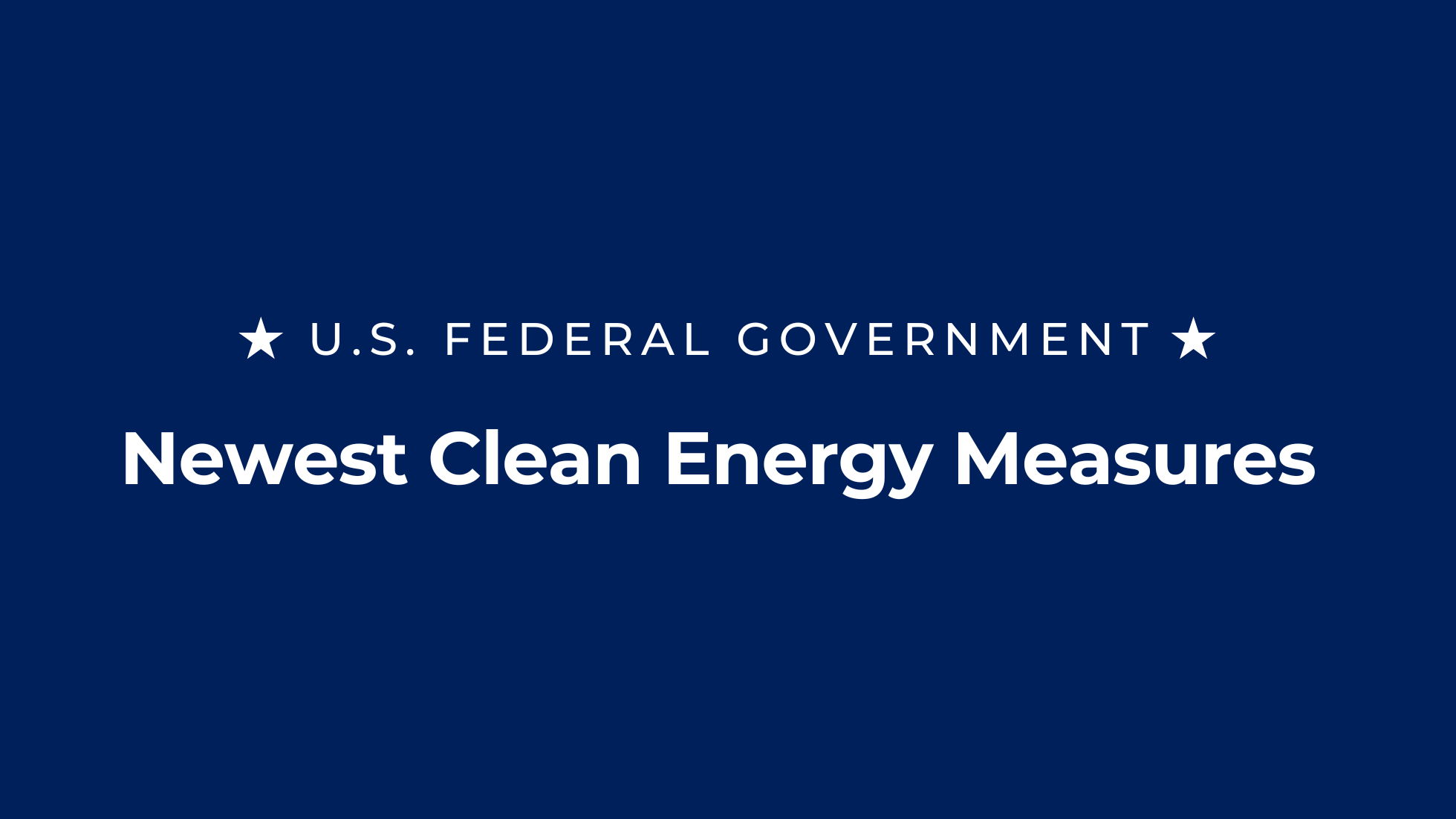Working with EPCs — End-to-End Renewable Energy Engineering Learn More
Blymyer praises the federal government’s newest clean energy measures

Blymyer continues to see an increase in engineering projects for the renewable energy sector. Recent measures the White House Council on Environment Quality announced in April may do even more to spur the firm’s growth. The council released new rules to speed up permits for clean energy. These measures are a continuation of the Biden administration’s recent efforts to speed up implementation of its signature climate law, the 2022 Inflation Reduction Act, which includes at least $370 billion in tax incentives to expand renewable energy, including wind, solar and EV.
Moving California closer to its energy goals
The recent federal mandates have been lauded by the California State Assembly and Senate. These new stipulations will help hasten the state’s transition to a 100 percent clean energy future. Senate Bill 100, passed in 2018, sets a goal of 60 percent renewables by 2030, and the Golden State already leads the nation in the transition to clean energy.
“Blymyer heartily endorses the administration’s latest clean energy initiatives, which will go a long way to furthering the adoption of renewables not only in California but nationwide,” says Greg Mazur, Director of Engineering. “The legislation has already made a significant impact. Last year saw record-breaking EV sales, and new U.S. energy capacity (31GW) dominated by renewables.”
“The exponential growth we’re seeing in our solar business reflects the explosive demand for solar energy nationwide,” continues Mazur. “According to the U.S. Energy Information Administration (EIA), the U.S. installed 15.8GWAC of photovoltaics (PV) onto the electric grid in the first nine months of 2023, as a result of growth in all sectors. This is an all-time record.”
Current challenges to renewable energy adoption
Despite this impressive expansion of renewable energy usage, obstacles still remain. Continued high interest rates and project costs, challenges in permitting and finding sites, and persistent supply chain issues are hampering certain clean power development at a time when it needs to be surging forward. For example, many projects originally slated to come online in 2023 were pushed back due to supply chain problems, which limited the availability of certain technology needed for implementation. In addition, the rapid rise in interest rates has substantially increased the cost of capital for all clean energy initiatives, which require significant upfront investments, unlike other forms of power generation.
“Even with these challenges, Blymyer has had an excellent year and continues to see robust growth in all aspects of our renewable energy engineering business. We are very encouraged by the momentum and innovation we’re seeing throughout the industry right now,” adds Mazur. “And we’re proud to be playing an integral part of it.”